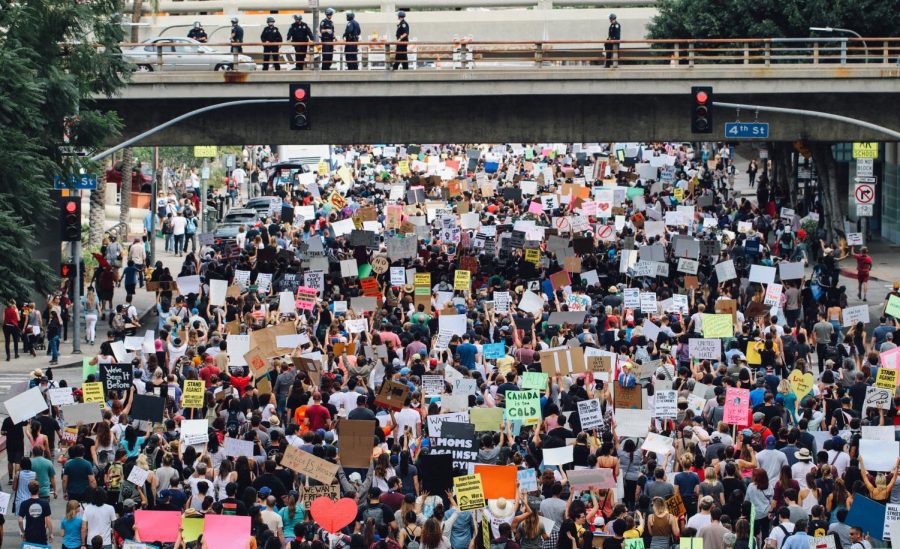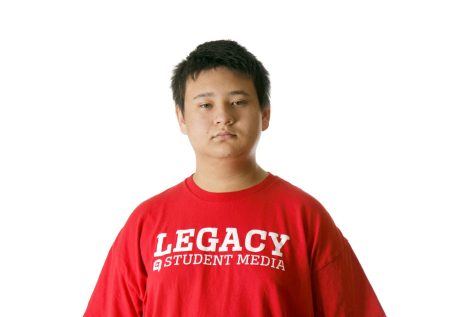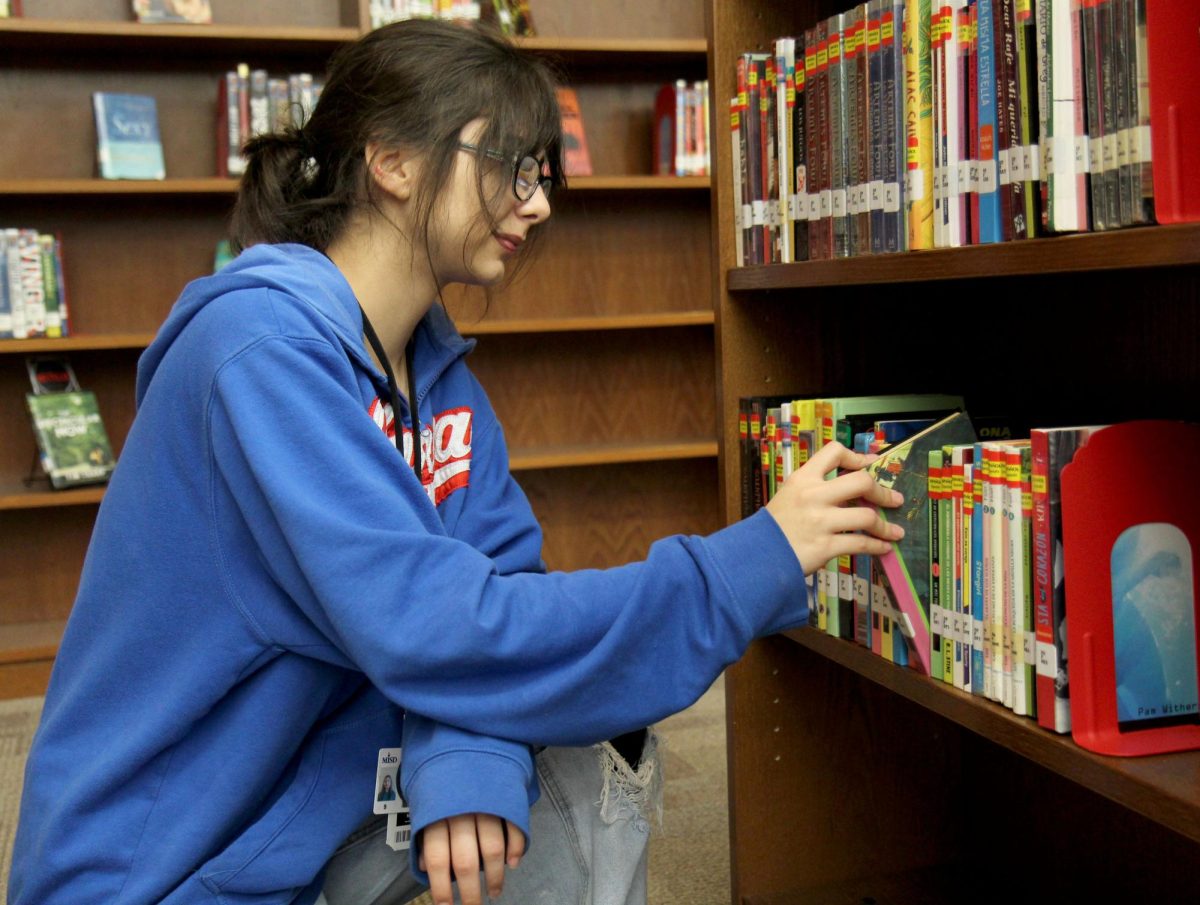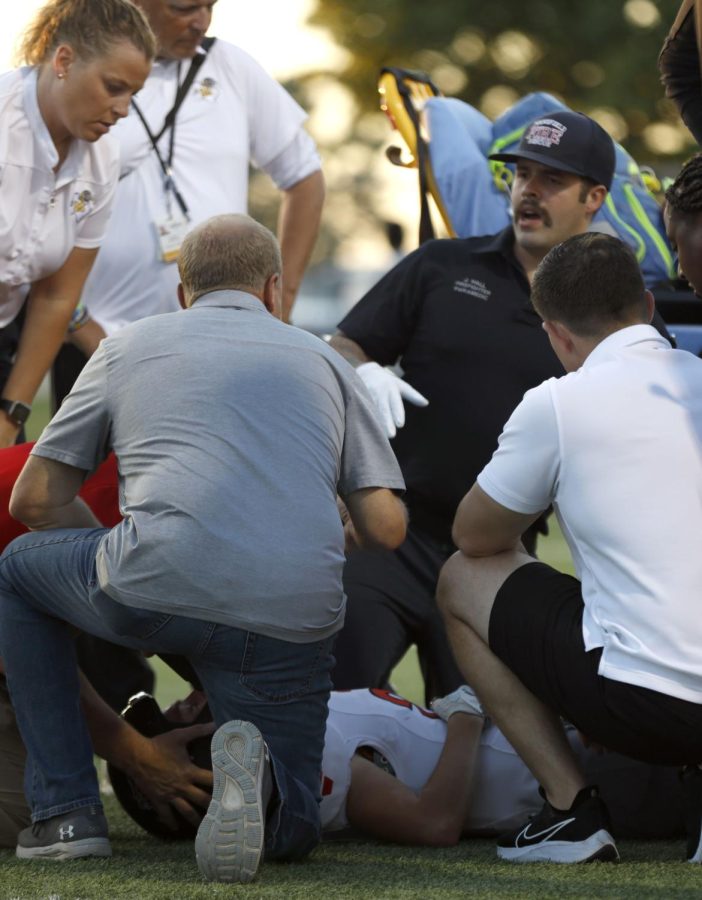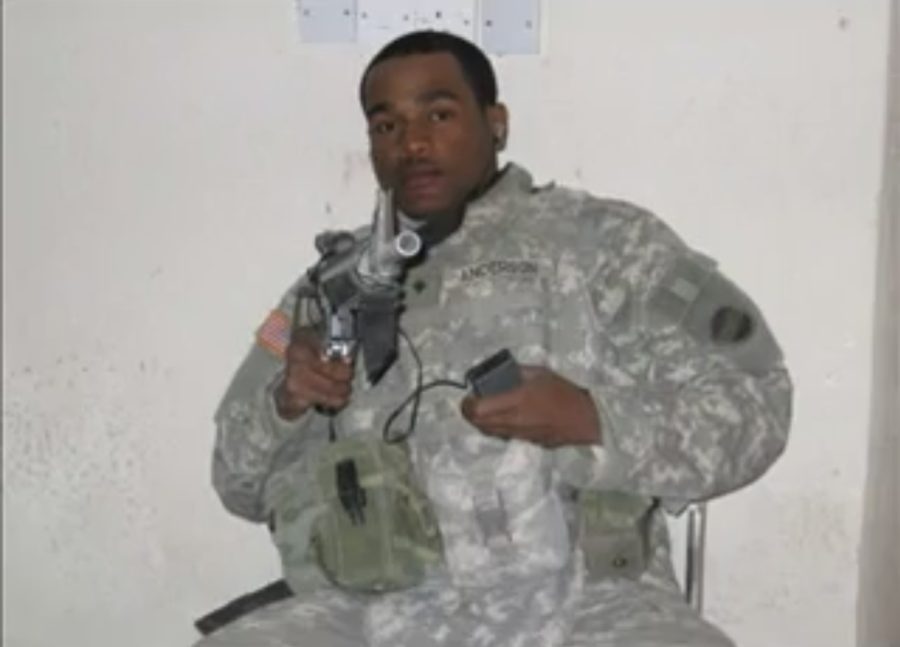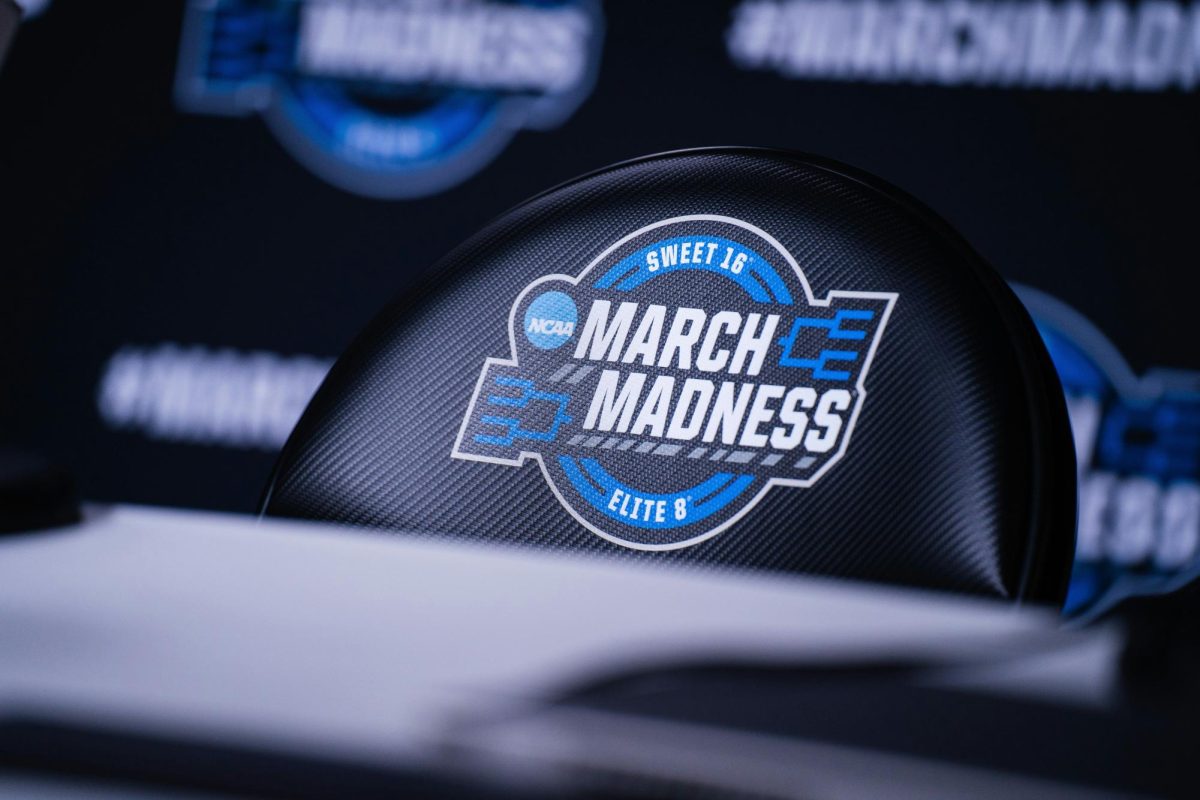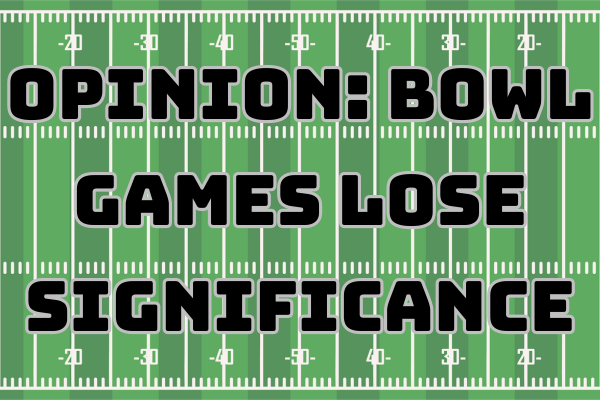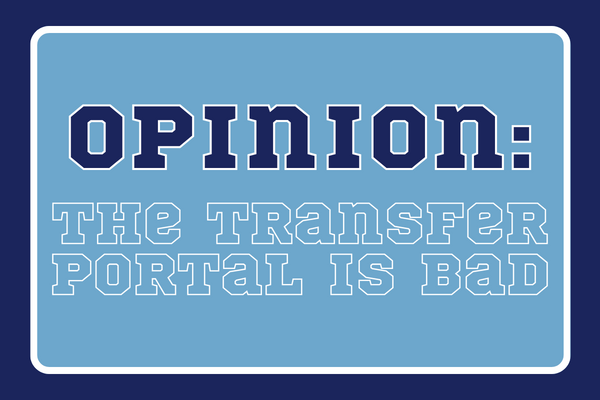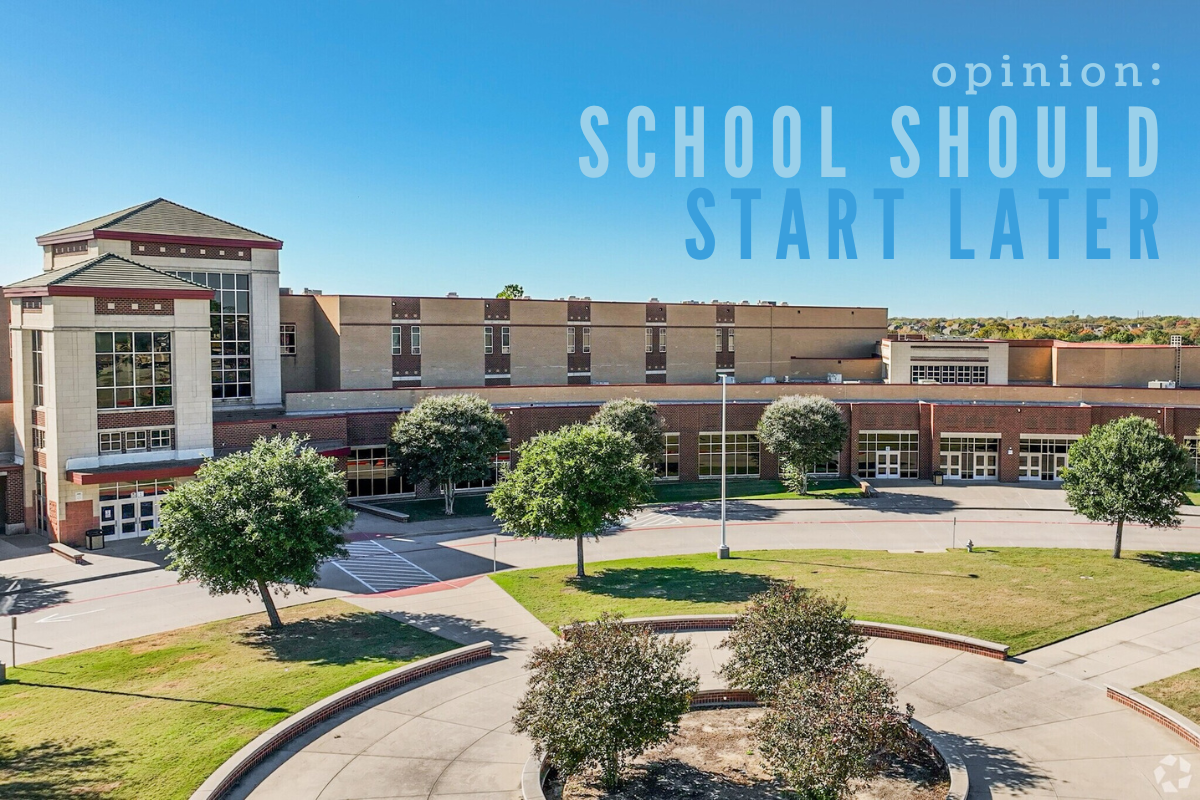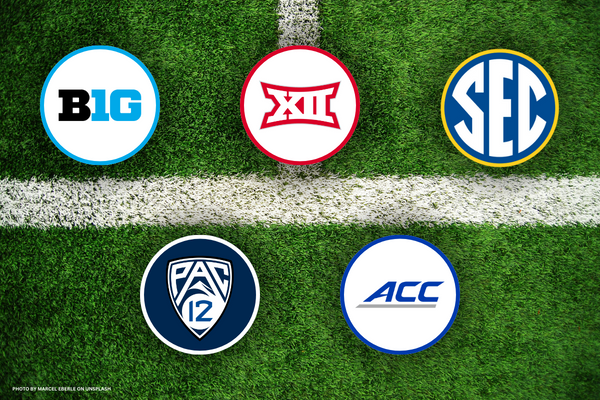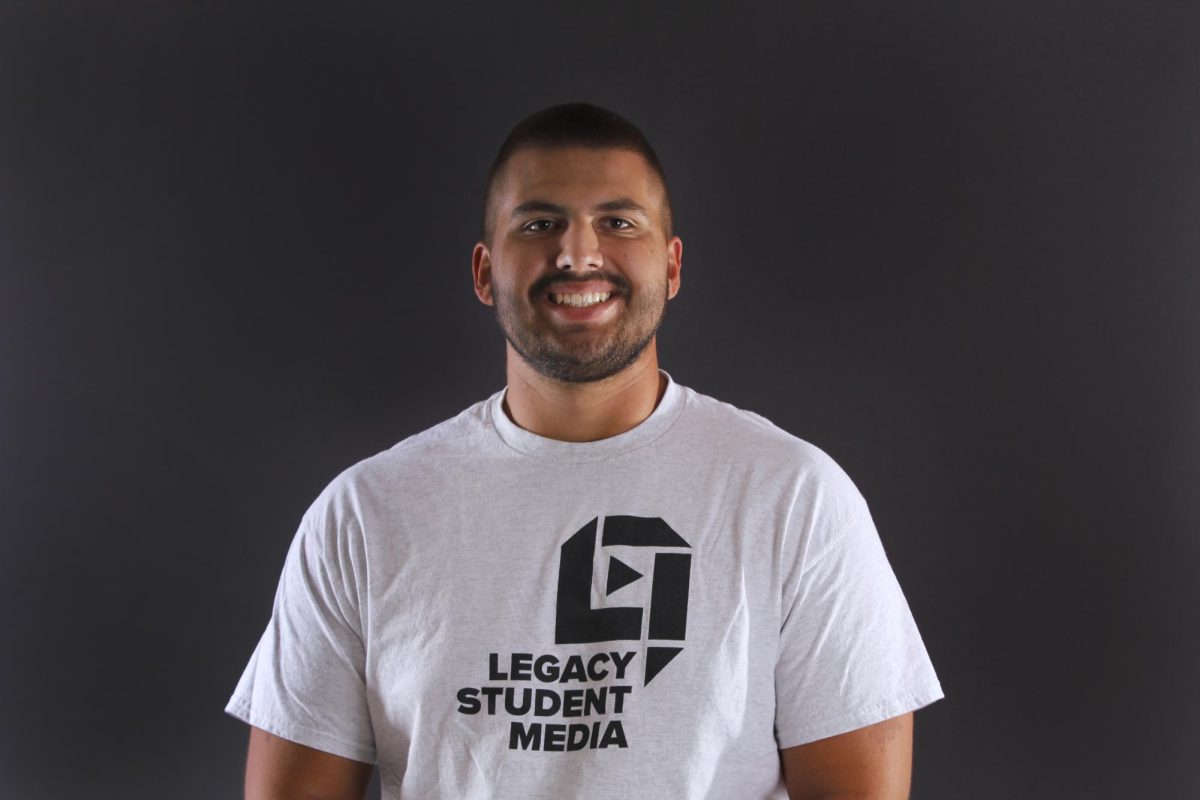You. Have. Rights. Though they aren’t taught in most classes or discussed among students, you have rights. If you feel that a teacher or administrator has treated you unjustly, be aware of the rights that you have. You have far more power than you realize, so here are some of your rights, and the decisions backing them.
The first line of the first amendment states: “Congress shall make no law respecting an establishment of religion, or prohibiting the free exercise thereof…” As such, school officials, (who are considered part of the government), cannot make students participate in religious activities such as a mandatory reading of the Bible, other religious literature, or school-sponsored prayers. These activities have been illegal since the rulings of School District of Abington Township, Pennsylvania v. Schempp, and Engel v. Vitale which state that the school cannot sponsor prayers or any other religious activities. Furthermore, under West Virginia State BoE v. Barnette, students are not required to stand up or recite the pledge of allegiance, and the school cannot punish students, or their families, for refusing to do so. Though this complaint was initially lodged by a student who was one of Jehovah’s Witnesses, this school policy was struck down on the grounds of freedom of speech and expression.
Freedom of speech is far more controversial, there are far more court cases disputing schools’ rights to infringe upon their students’ rights. The first case to rule on behalf of students’ free speech was Tinker v. Des Moines, which stated that students could wear political protest armbands (as well as other political symbols) as long as it was not actively disrupting school business. This was a major triumph for student rights by guaranteeing freedom of speech for students in public schools. Students do not “shed their constitutional rights at the schoolhouse gate,” Associate Justice Fortas said. There are, however, restrictions on this freedom. In 2002, a student at Juneau-Douglas High School held a banner saying “Bong Hits 4 Jesus” on a school field trip. The following case, Morse v. Frederick, determined that students can be punished for publicly supporting illegal drug use at school-supervised events. This case was tried well before social media had taken root among teenagers. The most recent case regarding social media was Mahanoy Area School District v. B.L. A cheerleader at a high school in Pennsylvania posted a story on Snapchat that mentioned the F-word four times. She was suspended from her cheer team by school officials. The question posed to the Supreme Court was: Can schools punish students for speech made off-campus? The answer is no. The court found that schools cannot hold students accountable for breaking school rules off-campus. This means that students can post whatever they want on social media, and, unless it’s illegal, the school cannot punish them. However, searching students’ phones, and other personal effects might be legal.
Under the fourth amendment, ordinary citizens have the right to be secure against “unreasonable searches and seizures”, however, this only partially applies to students. In the case of New Jersey v. T.L.O, the Supreme Court concluded that school officials could make “reasonable warrantless searches”, with “reasonable” being a lower standard of evidence than probable cause. Furthermore, such searches that contain surprise discoveries can be admitted to court as evidence despite the exclusionary rule. In essence, don’t keep anything illegal on your person. Cell phone searches, however, are much more difficult. Under Riley v. California, officials can’t search students’ phones without a valid warrant, and any evidence obtained without a warrant is inadmissible in court. Furthermore, school officials are bound by 18 U.S. Code § 2701 (a), (Unlawful access to stored communications), which states that government officials cannot access electronic communication unless they are stored on the device being searched. As such, if you exclusively use cloud storage, and don’t store info on your cell phone, nothing on your phone can be searched. However, they could search students’ urine.
Drug testing for students has been a hotly contested issue in school districts ever since performance-enhancing drugs became more widespread in amateur and professional sports. Drug testing, not only for performance-enhancing drugs but also for illegal substances has been carried out in schools for decades. Schools do have the right to drug test students based on individual concerns, however, mandatory drug testing for students in extracurricular activities is more complicated. Under Vernonia School District 47J v. Acton, the Supreme Court found that students involved in sports could be subjected to mandatory drug testing on the condition that student-athletes have a lower standard of privacy because of their enrollment in an athletic activity. This was widened to all extracurricular activities in BoE of ISD No. 92 of Pottawatomie Co. v. Earls, which extended the philosophy that schools’ interest in drug use in extracurricular activities outweighed the students’ fourth amendment protections. This does not, however, apply to all students. In Tannehill v. Lockney ISD, the US District Court for the Northern District of Texas (in Lubbock) concluded in its memorandum opinion that mandatory testing of all students was not legal because of “The intrusion on personal privacy that the school child must undergo in the East Chambers County school system cannot be justified by the global goal of prevention of substance abuse.” – Memorandum Opinion. Thus, students are not legally compelled to submit to drug testing without reasonable suspicion or enrollment in an extracurricular activity.
In summary, the areas where students have the most rights are freedom of religion, expression, and speech. Under Schempp, Vitale, and Barnett, students are not required to take part in any religious activities against their will. Furthermore, the school cannot sponsor expressions of religion or require students to stand for the pledge. In the same vein, under Tinker and Mahanoy, the school cannot punish or regulate students’ political speech or activism. They cannot stop you from wearing clothing with political protest symbols on them, however, under the Morse decision, you are not allowed to publicly espouse illegal drug use at school-supervised events. Students have fewer rights when it comes to personal property searches, as under New Jersey v. T.L.O, schools can make reasonable searches of their persons without a warrant, however under Riley and 18 U.S. Code § 2701, schools officials are required to obtain a warrant to search phones, and they can only search for electronic communications that are downloaded on the device and not stored in a cloud server. Finally, under Vernonia and Earls, students must submit to a school-sponsored drug test if they’re part of an extracurricular activity, however, if there is no reasonable suspicion of you taking drugs, and you are not part of an extracurricular activity, you cannot be compelled to submit to a drug test. I hope this clarifies your rights (and lack thereof) in relevant areas where your rights may be violated at school.
For further reading on searches and drug tests, please reference TASB’s “Legal Issues in Students Searches.“






